
Robert Anderson
Prof. Anderson conducts biogeographic studies addressing ecological, and evolutionary, and practical consequences of environmental change. To do so, his lab co-develops and applies techniques from machine learning to study spatial and temporal patterns of environmental suitability for species. He teaches courses including Biogeography, Ecology & Evolution, and Symbiosis.

Ana Carnaval
Prof. Carnaval studies spatial patterns of genetic diversity and their underlying processes, with the explicit aim of improving biodiversity prediction and protection. Her research group focuses on vertebrates and plants, particularly in the Neotropics, combining DNA, climate, and phenotypic data. She teaches courses including Introduction to Biotechnology, Ecology & Evolution, and Evolution.

Jay Edelman
Prof. Edelman examines how the human brain integrates volition, vision, and memory to generate eye movements. Current projects focus on how cognition alters visuomotor reflexes, visual search in complex scenes, and saccade performance in cancer survivors. He teaches Muscle & Movement (Bio 45100) and Organismic Biology (Bio 20700).

Mark Emerson
Prof. Emerson investigates the gene regulatory networks that are involved in the formation of vertebrate cone photoreceptors during development. His lab uses cis-regulatory assays, imaging, and next-generation sequencing approaches to uncover the basic processes involved in the development of the vertebrate retina. He teaches Developmental Neurobiology and Introduction to Genetics.

Fardad Firooznia
Dr. Firooznia is interested in science pedagogy and plant ecophysiology. His current research focuses on the effectiveness of various teaching methods that use active learning in the science classroom, as well as potential insecticidal activity of plant essential oils. He teaches Biological Foundations I, Ecophysiology, and Ethnobotany.
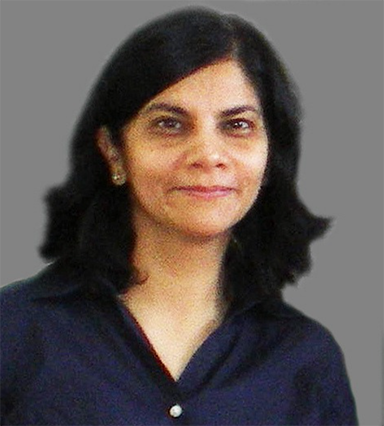
Shubha Govind
Prof. Govind investigates the genetic networks underlying blood cell development and function using Drosophila as a model system. Her lab also examines host-parasite interactions in Drosophila. She teaches undergraduate and graduate Genetics and Innate Immunity.

Yevgeniy Grigoryev
As a Biology lecturer at the City College of New York, my goals are not just to promote learning of the subject matter but to help students think logically, acquire problem-solving skills, and develop effective study skills. My pedagogy goes beyond simply teaching the courses to which I am assigned. I make it a point to ensure that on top of learning the biological concepts, students also know how to study, manage time well, defend their ideas in class, analyze and present biological data. In this way, I hope that my “teach for transfer” approach can have a lasting impact on students’ perspectives towards learning.
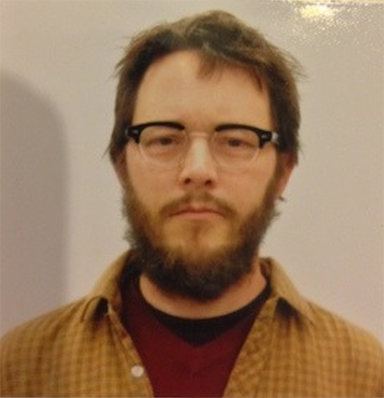
Michael Hickerson
Prof. Hickerson develops computational and statistical methods to merge population genetics with community ecology. By developing population genetic models for multi-species assemblages, his research uncovers the interplay between climate changes, shifting species distributions, species formation, extinction and changes in ecological interactions. He teaches courses including Anthropological Genomics, Ecology and Evolution and Modeling Biodiversity
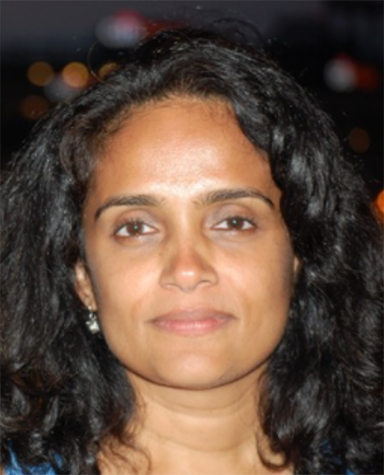
Anuradha Janakiraman
Our lab is interested in understanding the molecular mechanisms involved in how bacterial cells grow and divide. We have taken a combination of molecular genetics, biochemical and biophysical approaches in addressing basic questions in this area.
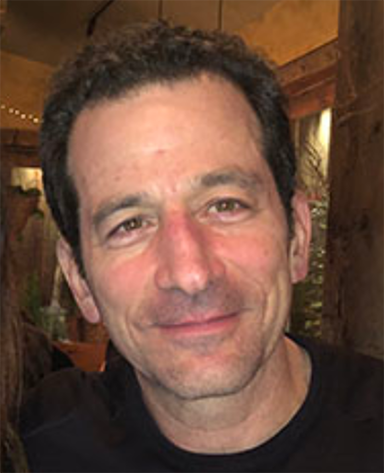
Jonathan Levitt
Prof. Levitt studies the neural basis of visual perception, and the organization & development of mammalian cerebral cortex using electrophysiological and neuroanatomical techniques. He teaches courses including Introduction to Neurobiology and Organismic Biology.
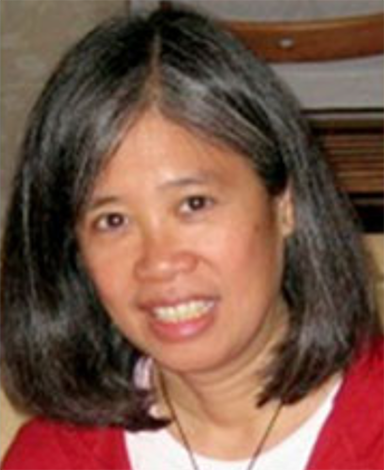
Christine Li
Dr. Li uses molecular genetic approaches in the model organism Caenorhabditis elegans to investigate two questions. The first question concerns how different neurotransmitters affect the behavior of an organism. The second question addresses elucidating the function of genes implicated in Alzheimer’s disease.
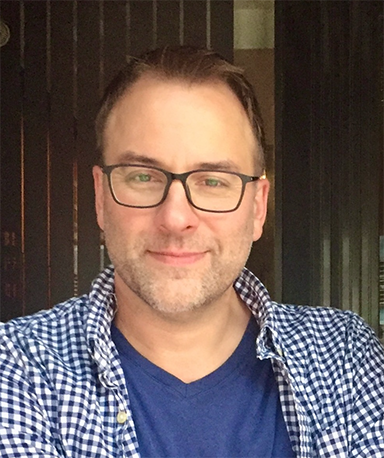
David Lohman
Prof. Lohman studies the ecology, evolution, and biogeography of insects in the Old World tropics. He uses a combination of field ecology and molecular phylogenetic methods to investigate how interactions between insects and other organisms affect evolution and community structure. He teaches Animal Behavior, Molecular Systematics, and Tropical Ecology and Conservation.
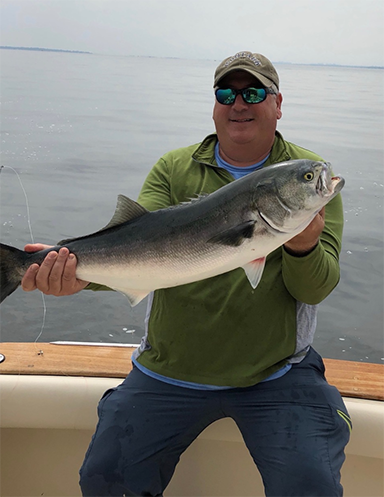
Mark Pezzano
Dr. Pezzano is a cellular immunologist studying thymic epithelial stem cells and their contribution to the development and maintenance of thymic microenvironments. His research is directed at understanding how the immune system learns to distinguish self from non-self; this basic problem is fundamental to adaptive immune responses, while defects lead to development of autoimmune disease. His work has clinical applications in counteracting age-associated thymic involution, as well as enhancing bone marrow transplants used for cancer therapy.
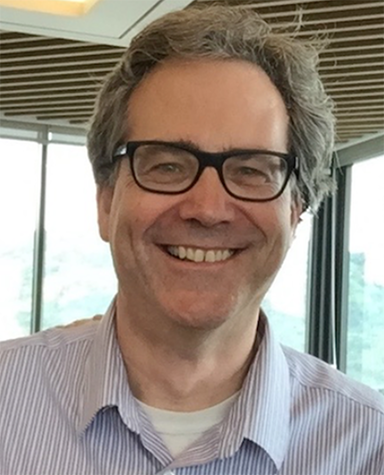
Stefan Pukatzki
The Pukatzki Laboratory s a molecular understanding of the competitive fitness of pathogenic bacteria and its impact on disease and health. We use this knowledge to devise treatment strategies that discourage virulence so resistant pathogens do not emerge. We view this as a chief endeavor in light of the growing threat of multidrug resistance. Prof. Pukatzki teaches Cellular & Molecular Biology, The Origins of Molecular Biology, and Microbial Genetics.

Shireen Saleque
Dr. Saleque is interested in delineating the genetic and epigenetic basis of hematopoiesis, the process of blood cell generation. The lab seeks to understand how transcriptional regulation and alteration of the chromatin structure of genes determine the fate and function of stem and progenitor cells and their differentiated progeny during mammalian development. For this purpose, we utilize the mouse as a model experimental organism and tissue culture manipulation of human and mouse cells.human and mouse cells.

Bao Vuong
Our lab seeks to understand the processes that promote antibody diversification. We use molecular, biochemical, cellular, genetic, and immunological approaches to understand how B cells modify the DNA coding sequence of the antibody. Although the primary function of antibody diversification is to mount the most effective immune response, aberrant DNA modifications can activate genes that can cause cancer. These studies are critical in understanding how we can manipulate antibody diversity to drive more effective immune responses and how specific proteins are redirected towards permitting cancerous cell growth rather than immunity.
Jennifer A. Malin
Our lab uses the fruit fly Drosophilia as a model to study how visual system neurons develop. Combining classical genetics with advanced techniques such as live imaging and single-cell sequencing. We aim to address two key questions: How are morphogen signals tuned to reproducibly specify cell types in the correct proportions? and How do cell-intrinsic signals regulate the shape, size and positioning of visual system neurons?
Our work is currently supported by the National Institutes of Health (NIH).
Last Updated: 12/08/2025 16:22